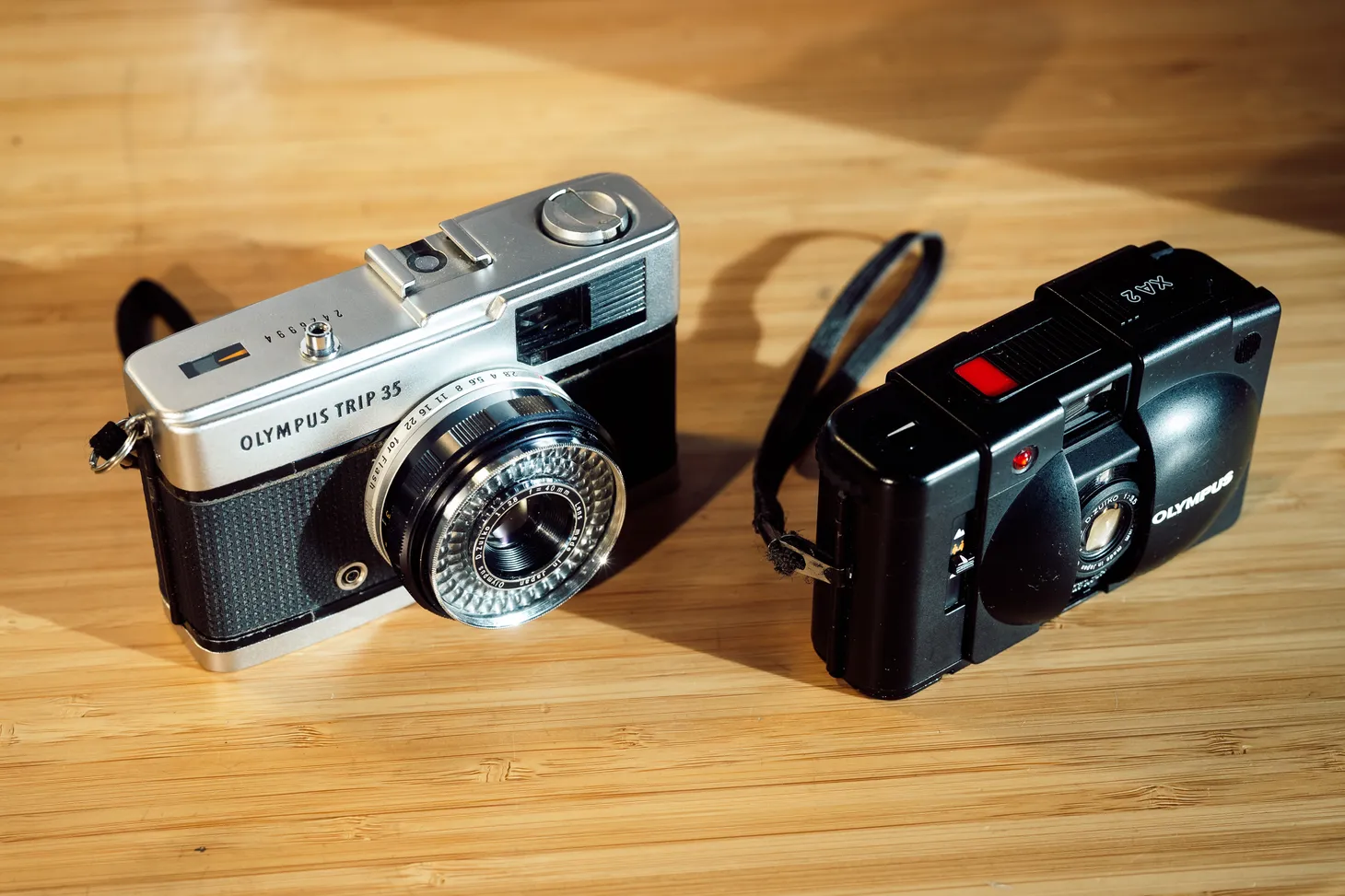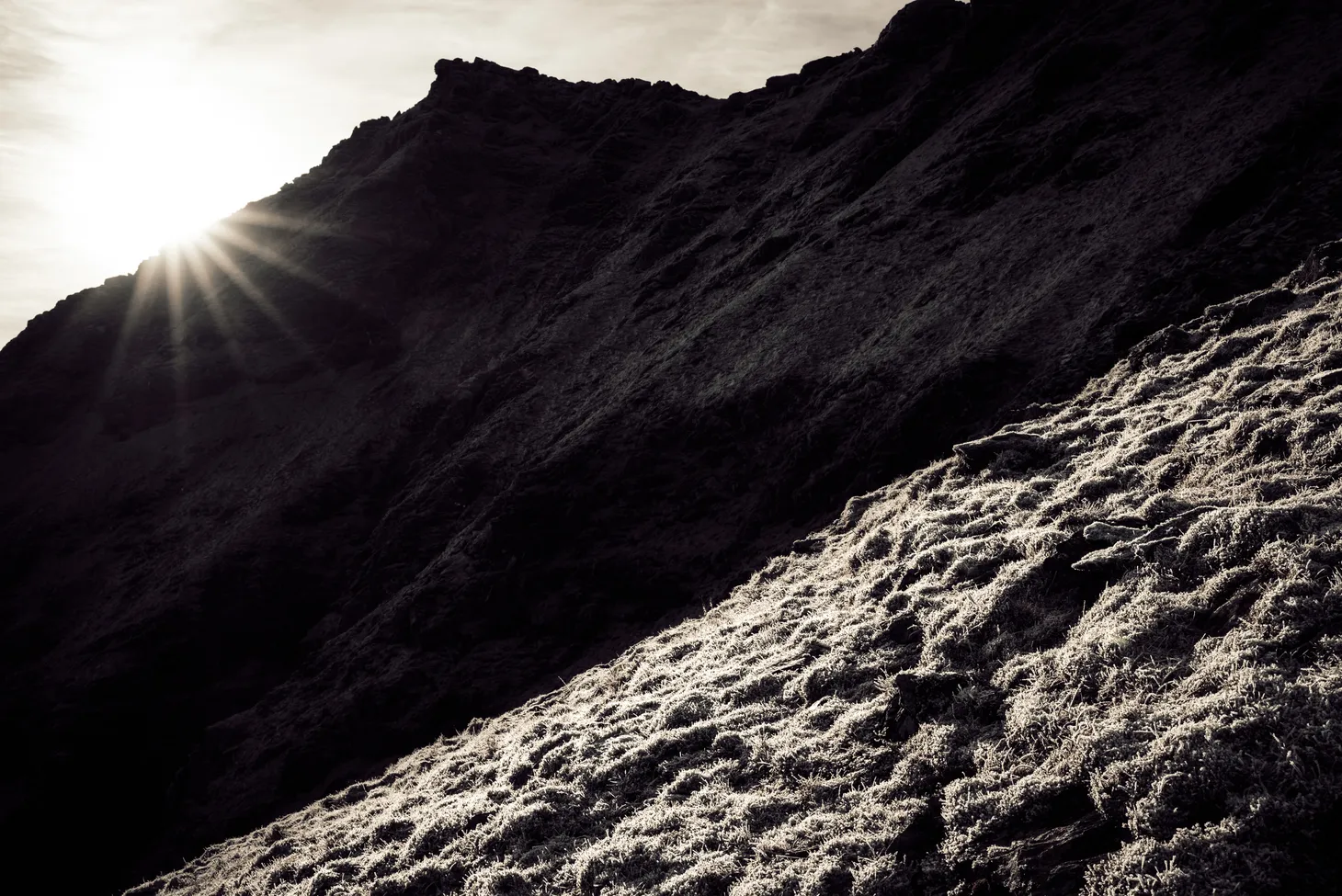Lili Marlene and misplaced nostalgia

Today I’d like to welcome my dad, Ian Roddie, to these pages. He was born in the late 1930s and this essay provides an insight into the power of nostalgia – and how we cannot allow it to determine our future.
Lili Marlene
by Ian Roddie
The other day, I came across a YouTube clip of Lili Marlene – sung in the original German, and in a 1930s-style arrangement – and couldn’t resist listening to it. Probably rather naive musically but, for someone of my generation, it was incredibly evocative, bringing back an intense feeling of the whole Nazi and Second World War era.
I was born only a year before the war started, so I have no personal experience of the period when they were coming to power and cannot claim to remember Neville Chamberlain’s sad broadcast when he had to tacitly admit to being out-maneuvered by the Nazis and that ‘this country is now at war with Germany’. I can claim to remember waking in my father’s arms as I was carried down to the cellar with the sounds of German bombers throbbing overhead. I can clearly remember seeing the bomb damage in our local big town and was fascinated by the sight of a German bomber that had crashed in the street. I do not remember feeling hostile towards it, only excited. I can remember seeing newsreels of the war and being worried about what would happen if the Nazis won.
I certainly heard Lili Marlene being sung on the radio, sometimes in German but mostly in English, and even then I preferred it to the sentimental English songs sung by the hugely popular Vera Lynn. Was I perhaps influenced by my father’s dislike for the English singer which made him call her dreary singing ‘Hitler’s secret weapon for spreading alarm and despondency’? Even then I couldn’t understand how two nations that liked the same song could fight each other. Especially as I preferred the German version and suspected others did too.
Hearing Lili Marlene reminded me of the Sunday mornings when I was strapped in to a pushchair and propelled up the snicket behind our house to the moor bottom, past The Guide, a Free House – which puzzled me. How could a house be free? Up Pepper Hill, past the small sycamore wood on the summit – I knew only that they were trees at the time; the knowledge of the species came later – then down the long reverse slope, steepening towards the bottom, to the next village, over the tumbling river and up the steep hill leading out of the village to my grandparents’ terraced cottage at the top of the hill. A terrace set end-on to the road, no other houses within sight, and looking out on a meadow at the front and a wood at the back. A wood where raspberries grew wild and a wide beck splashed over rocks in the bottom of the valley. It was a tiny cottage with thick stone walls, stone mullioned windows, a tiny kitchen – don’t step back from the cooker or you’ll tumble down the cellar steps! – gas lighting downstairs and a stone staircase with dished steps leading to the candlelit bedrooms.
The ground floor was covered in a dull red material unlike anything I had seen before or since; it had a great number of whitish flecks in it and was soft and warm to walk on. My grandfather was very proud of it and told us that it had been laid by some Italian prisoners of war that he had befriended. They did seem to have a surprising amount of freedom and were very likeable men, as I found for myself, years later, when I met many who had not gone home after the war. Another reason to mention the sheer stupidity of war. A great wooden-cased radio powered by Leclanché cells, which Granddad had to take to a shop in the village for recharging when the radio faded, took pride of place on an ancient sideboard. I loved the cottage and its inhabitants!
After tea we would take a single-deck bus down to the nearby town, with the driver taking special care on the tight bends on the steep road with the drop to the river far below. Waiting in the dark in the town because there were no street lights was quite normal for me, even if not for my parents. What did I know of street lights? There had been no such things in my whole memory, nor illuminated shop windows, and I did not expect to see house curtains lit from within: no house showed anything other than blind windows after dark. In my whole life up till then, night time meant dark, except for the stars which were quite something on a clear night. There would be an occasional glimmer from the low-powered torch of a walker while we waited for a bus to take us on to the next town, where we would have to wait for the third bus of the evening to take us to our village – the morning’s walk over the tops was much easier; at least, for me in my pushchair. The bus you were awaiting appeared slowly out of the blackness with scarcely any light escaping its hooded, louvered headlamps. The few lorries – wagons in my part of Yorkshire – were very much smaller and slower than today’s. Which was probably just as well as they were similarly blinded after dark.
Our house was full of mod cons compared with my grandparents’. Bathing – when necessary – was in a tin bath in front of the fire. Wasn’t this normal? We had electric lights and a mains-powered radio! And I loved to listen to ITMA. Tommy Handley, working for The Ministry of Aggravation beset by his troublesome hangers-on. The whining Mrs Mopp, ‘Can I do you now, Sir?’ Mona Lott snivelling, ‘It’s being so cheerful that keeps me going.’ The German spy, ‘This is Funf speaking.’ Colonel Chinstrap’s, ‘I don’t mind if I do’. My introduction to comedy – and catch-phrases.
My introduction to the open air came on afternoons when I was taken to the moor a steep meadow away from our house, given a jam jar, shown what bilberries looked like and asked to fill the jar. Which took a long time because I found the taste irresistible. I still do – not the larger but inferior blueberries, but the real thing. Bilberries fresh from the moor. At that time I was still under close supervision on the moor, but by the time I started school I ran wild, together with half a dozen of my friends.
It is odd, I remember no rain. Much sun, quite a lot of snow, but no rain. The snow was fun. One of my friends had a sledge – Yorkshire for toboggan – and we soon had a superb run down the steep meadow behind the village. It was a pity that nobody had told me how to use the sledge safely and that face-down was not the best idea. On my first run I lost control at the bottom and hurtled towards the dry-stone wall. I can still see the wall rapidly approaching me until I was about one metre away – and then nothing until I woke in bed at home!
People talk about the austerity and food rationing of the war years, but I was not aware of any austerity. I had become a conscious being during that austerity, so it was normal for me, and I found much to enjoy, yet it evidently had an effect on me because even now, decades later, I am still quite shocked at the profligacy shown by many. In fact I am quite pleased to be one who grew up during the war and the austerity of the post-war years.
All this and much more from hearing Lili Marlene! But there is another memory of the war. The Nazis were masters of theatrical drama and they struck fear across Europe – and yet. My abiding thoughts about them were that they were very, very sleazy.
These memories come on the eve of the referendum to decide if this country should stay in or leave the EU, and many of my generation and even younger ones talk about ‘making this country great again’. I suspect many of them are feeling nostalgic, but they are mistaken. I am glad I experienced it: I know it went a long way to making me what I am, but there is no going back. That country has gone, finished, we are not even the same people any more.
So, in less than twenty-four hours, our future will have been decided, even if we will not know what that future is for a few more hours after that.
I hope mistaken nostalgia does not win.
Alex Roddie Newsletter
Subscribe here to receive my occasional personal newsletter in your inbox. (For the fun stuff, please consider subscribing to Alpenglow Journal instead!)




